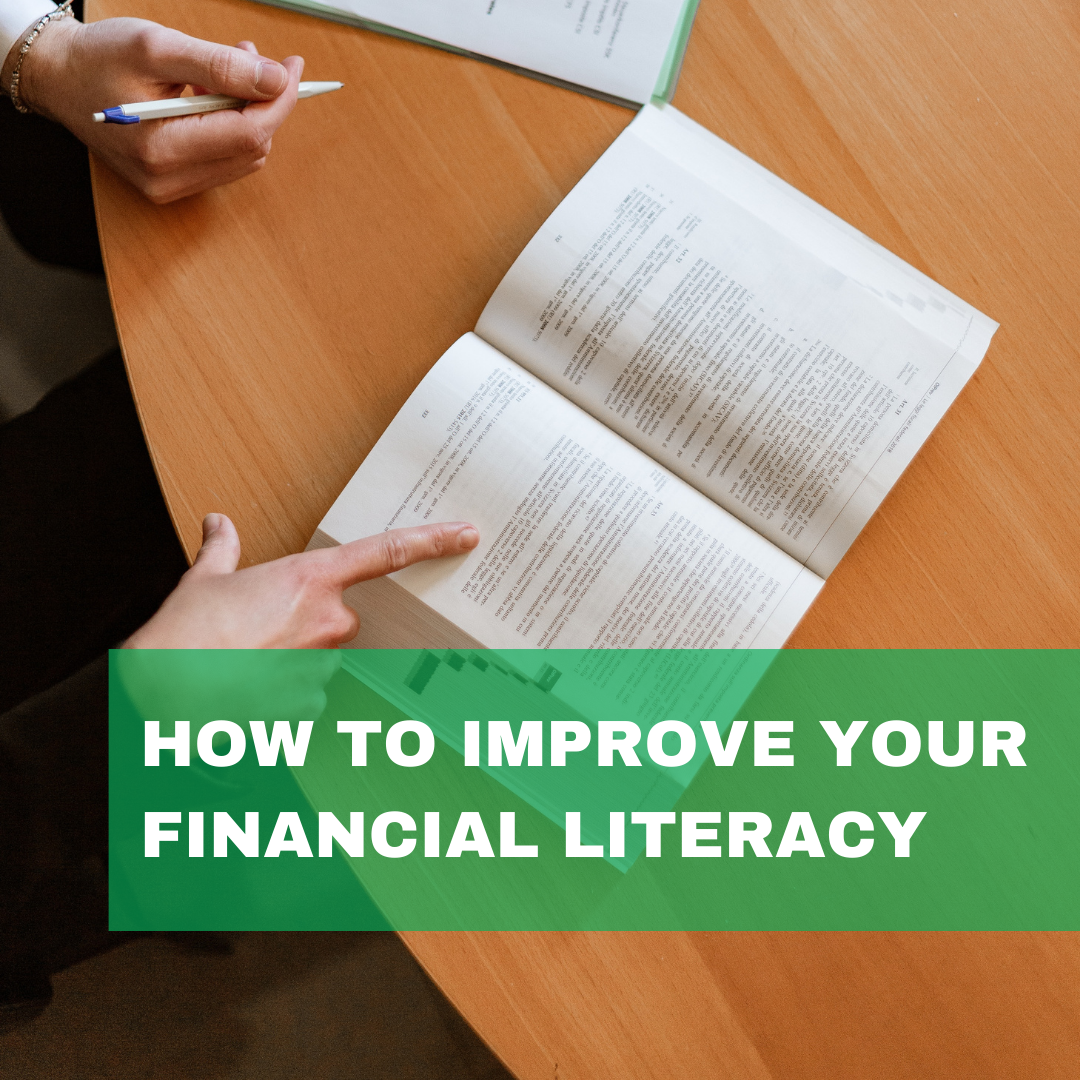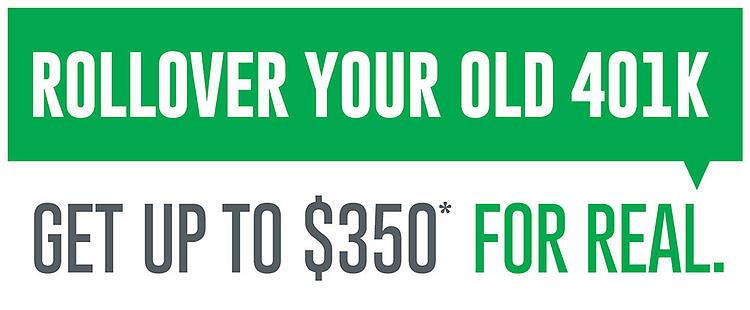
One of the most important factors that is beginning to be better understood in our society is that “financial knowledge” or “financial literacy” makes a huge difference in someone’s financial wellbeing and by default in their overall wellbeing. The US is slowly catching up to other developed nations that have much higher financial literacy scores, but a lot more work needs to be done. Some of that work has to start early in schools, continue to college, and then refreshed as needed in adulthood. Stopgaps on the way to a fully financially-literate society can be solved by companies that focus on financial literacy either as a primary business or like InvestEd as a key component of our business. Companies can also do a lot more either on their own or by hiring experts to educate and inform their employees with burning financial questions they already have. Lastly, personal finance is personal and we should not diminish the personal responsibility each one of us has to get better financially educated and make better financial decisions. We’ll try to touch up below on some of those decisions that you can start right away to get in better financial shape.
Start early, be curious, ask questions
One of the very first things to do is have some curiosity about financial literacy and how it really works. If you’re not curious or inclined to know, it would be hard to learn even if you attend a course on financial literacy. Curiosity and being open to new information, even if at times it is against what you have previously thought, are key to starting with financial literacy. Next is to look inside and see what you value and what your financial goals may be. What would you like to achieve next year, in 2-3 years, in 5 years, or even long-term? Write those down and then prioritize them, from what you’d like to achieve to what would be nice (but not a priority) to achieve. By writing your goals this way you give yourself a starting plan, a 30,000 feet view from the top of your aspirations, goals, needs, and desires. Your goals can change, but usually don’t change too often, and are key to beginning your work into financial planning and financial literacy.
Keep it simple (at first, and also later)
You’d then want to start with the basics, keeping it simple so you don’t give up early due to complexity. You’d want to start with a monthly budget tallying all of your income and all of your expenses for the month, divide them by categories, and try to estimate the spending that is typically not fixed (like going out or gifts/travel/discretionary spending). You’d also like to make a simple household balance sheet listing all your assets (things you own) and all your debts (what you owe). The balance sheet is a current snapshot of where you stand financially. It doesn’t change often, but it’s good to be reviewed at least annually to see how you’re improving (increasing assets while decreasing debts). Once you create those two documents and together with your goals then you’d try to see how you can make periodic contributions to your savings or your investments towards accomplishing your goals. If not enough money to do all, you’d want to prioritize where the money will go first, and then invest. But don’t forget that simple is best even after you’ve acquired more knowledge… complexity may make you feel better and smarter, but without improved results. Data from active portfolio management not beating the simple index they follow shows such failure of complexity.
Improve on it (changes when needed, but not due to market fluctuations)
The simple templates created above, which we also provide to our clients or prospects as we help them out on their journey, need to be improved and adjusted over time. When you notice that a certain budget category or item is in reality very different from the budget then you’d either want to modify it on your budget or change the actual spending on it. If any extra income comes in then you’d also want to see where it could go. Maybe your goals need further investments to be achievable or some of that extra income could be spent. Similarly, with the balance sheet, you’d want to keep track of if your assets are changing (stocks, savings, etc) and if your debts are being reduced and make the necessary changes, to see how your Net Worth (the difference between your assets and your debts) is improving. Keeping an eye on your goals and how they’re progressing towards their expected date can also be automated as we do with our investments. If you put the amount you’d like to have for that goal as well as the timeframe by when our software will tell you if you’re on track or not. Pretty cool for knowing ahead, as well as provide recommended changes to get back on track (if not).
Watch your behavior (mistakes are often made in groups)
As you’ve noticed from the above, what we discuss with our clients and prospects is a more hands-on approach to financial literacy, it’s really “learning by doing”, which we believe to be much better than just learning without practice. As you learn the basics, you also put them in motion for your situation and you may notice that you have a stake, it’s yours to improve and make better, but also you’d want to learn from other people’s mistakes, hopefully, you don’t repeat those. We know that most don’t learn unless it happens to you directly, but still, there are many mistakes that you could avoid just by knowing that it has happened to others. Here are a few of them:
- Most people have no plan for what they’re trying to achieve, they just go with the flow (what’s hot and what’s not) and miss the forest for the trees. Starting comprehensively and making a plan is the single most important job to do at the beginning and few do so.
- Don’t chase performance! This is right there at the top of mistakes in terms of importance, but everyone still does it. It just feels right to chase a winner, until the winner is no more, and in finance that happens often.
- Don’t concentrate your money and diversify to reduce risk. That’s the “don’t put all your money on black (or red)”. Survive to play again, but many miss this too, follow their greed and put all their money in few stocks. You could do so, but at a small percentage or with money you won’t cry if all are lost.
- Having no patience for the plan to play out and buying/selling thinking you know better than the market, is a big mistake. Even if right, you won’t give much credit to luck, but will think it was all skill, making the same mistake next time.
- Not using tax-advantageous accounts first. Many just open taxable accounts without using better and more advantageous accounts from a tax perspective. Taxes do matter, so get them right.
- Not knowing who your advisor is, what obligation they have towards you, and are they acting in your best interest. In the same breath, you’ll also need to know and understand all the fees that are charged to you, and remember nothing is free in finance, someone (you) is always paying even if you don’t know-how. Ask about all those.
Learn, Plan, Invest (small changes now, huge differences later)
Financial Literacy is a big issue, as it affects people in so many ways that it’s not even visible at first. Not knowing how to handle your money has invisible costs. Not knowing what you don’t know, overpaying for things that you could have gotten cheaper or with much better service, all because you didn’t have the knowledge could be detrimental to your financial goals. Being financially illiterate costs you time. Open up to learning, attend webinars like ours, learn by doing, talk to professionals and start as soon as you can. You may make mistakes but you’ll also learn from them.
Start by learning, planning for your future, and investing where appropriate for your long-term goals. The earlier you start the better, as compounding needs time to show results, but remember that small changes now may mean significant results in the future. The gains seem small at first, but then over time explode, as is the case with exponential growth. As a real-life reference to such exponential growth, Warren Buffett made 95% of his wealth after the age of 65, mainly due to starting early and letting the gains compound, but seeing the huge results much later in his life. And you don’t need to be Buffett to make a real difference in your life.





